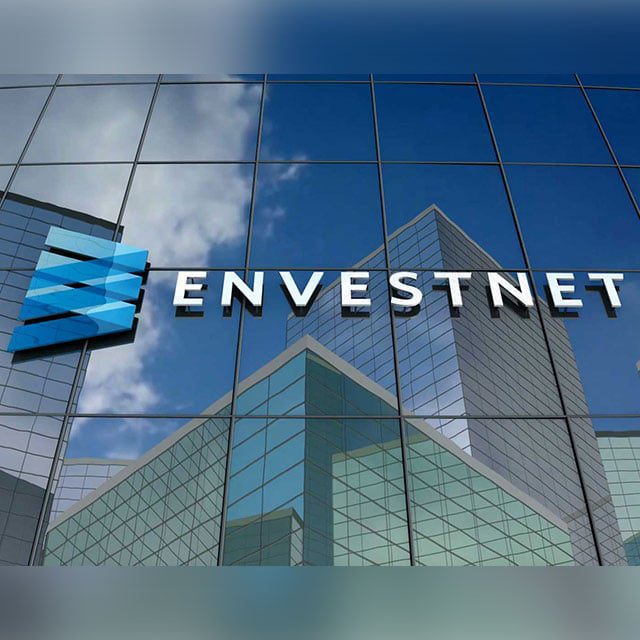Large Envestnet Shareholder Slams Company's Performance

What You Need to Know
In an open letter to Envestnet’s board, one of its largest shareholders slammed the firm for increasing management compensation despite lackluster stock performance.
Impactive Capital owns about 4 million shares of Envestnet common stock for a stake of about 7.2%.
Since announcing Q3 earnings and saying it plans to enter the RIA custody business, Envestnet’s stock has risen.
In an open letter to Envestnet’s board of directors on Tuesday, one of its largest shareholders slammed the firm for increasing management compensation despite its “blatant underperformance” and “poor governance,” among other issues.
Impactive Capital, together with its affiliates, owns about 4 million shares of Envestnet common stock for a stake of about 7.2% in the firm, Impactive said in the letter.
“During our engagement over the past 18 months, we have been clear that we believe Envestnet is a high-quality business that is not achieving adequate margins, returns, and its full potential value,” according to Impactive.
However, since announcing third-quarter earnings on Nov. 8, Envestnet’s stock has risen. During its earnings call, company executives said the firm intends to enter the custody business for registered investment advisors, a move that would put it in direct competition with the “Big Three” custodians: Charles Schwab, Fidelity and BNY Mellon’s Pershing.
Responding to Impactive’s letter, an Envestnet spokesperson told ThinkAdvisor by email: “The Envestnet Board of Directors and management team are focused on creating value for shareholders by executing our strategy to accelerate growth, and we will continue to take actions to achieve these objectives. As always, we welcome input from our investors with the common goal of driving shareholder value.”
‘Shocking Abandonment’ of Fiduciary Duties
In its letter, Impactive detailed what it said were Envestnet’s well-below market returns over multiple time periods relative to the S&P 500, S&P 400 and the company’s closest peers, the significant margin gap compared with peers, and overspending with apparently no accountability for returns.




